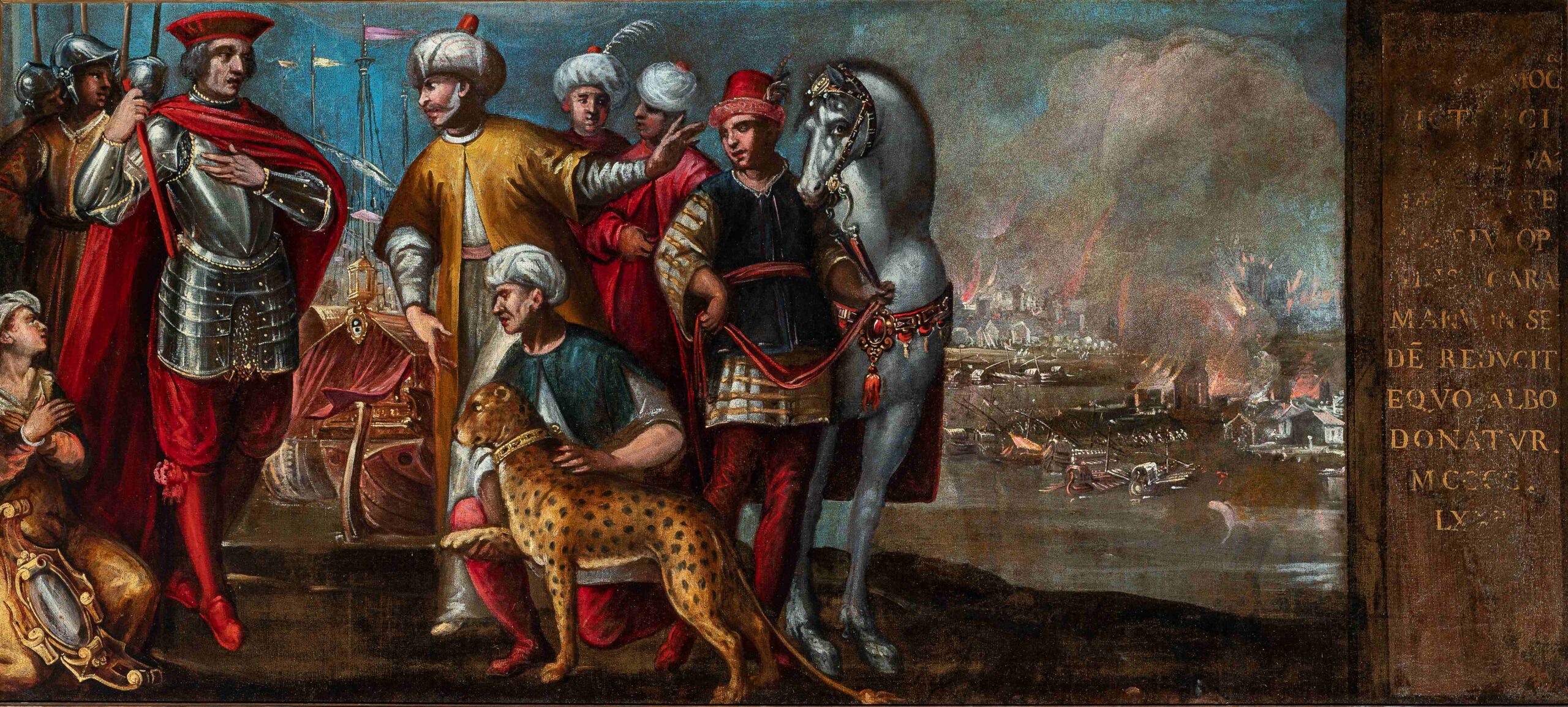John P. Diggins, Mussolini and Fascism: The View from America, Princeton University Press, 1972
Mark Weber (Institute for Historical Review), America’s Changing View of Mussolini and Italian Fascism
America’s image today of Benito Mussolini and his Italian Fascist regime is, to a considerable extent, a product of Second World War propaganda. The wartime image of the Duce (leader) as a clownish bully remains largely intact to this day. But this was not always so. During the 1920s and early 1930s, Mussolini and Fascist Italy were generally well regarded in the United States.

John P. Diggins, professor of history at the University of California, Irvine, notes in his 1972 study, Mussolini and Fascism: The View from America (p.59): “Whatever Mussolini’s reputation is today, from the time of the [Fascist] March on Rome [1922] to the beginning of the Ethiopian War [1935], he was an esteemed figure.
Americans in particular saw in Mussolini certain enduring qualities which enabled him to qualify as a `great man’ not only of his time but of the ages.”
Mussolini’s conception of power and authority, the New York Times wrote in November 1923, “has many points in common with that of the men who inspired our own constitution – John Adams, Hamilton and Washington.” One of the most widely read magazines of the period, The Saturday Evening Post (with almost three million subscribers in 1930) published numerous articles praising Mussolini and his regime.
America’s ambassador to Italy, Richard Washburn Child, was so taken with the Duce that he initiated and played a major role in producing Mussolini’s Autobiography, which was published in 1928 by Charles Scribner’s Sons. It appeared that same year in serial form in The Saturday Evening Post.
In his foreword to the work, the envoy praised Mussolini as “both wise and humane,” as an administrator of “superstatesmanship,” and as a political leader of “permanent greatness.” In Fascist Italy, wrote Child, “unexpected joy is found in the leadership of a Mussolini … It is absurd to say that Italy groans under discipline. Italy chortles with it! It is victory!”
Mussolini, the ambassador explained, “… has not only been able to secure and hold an almost universal following; he has built a new state upon a new concept of a state. He has not only been able to change the lives of human beings, but he has changed their minds, their hearts, their spirits. He has not merely ruled a house; he has built a new house.”
President Franklin Roosevelt expressed admiration for the Italian leader, and sent him cordial letters. In June 1933, Roosevelt praised Mussolini in a letter to an American envoy: “… I am much interested and deeply impressed by what he has accomplished and by his evidenced honest purpose of restoring Italy and seeking to prevent general European trouble.” In another letter a few weeks later, the President wrote: “I don’t mind telling you in confidence that I am keeping in fairly close touch with the admirable Italian gentleman.”
Mussolini’s regime received particularly warm praise from America’s business leaders. In his 1972 work, Prof. Diggins writes (pp. 146-47): “With few exceptions, the dominant voices of business responded to Fascism with a hearty enthusiasm. Favorable editorials, could be read in publications such as Barron’s, Journal of Commerce and Commercial Bulletin, Commerce and Finance, Nation’s Business (the official organ of the US Chamber of Commerce), and the reputable Wall Street Journal. Aside from the press, the list of outspoken business admirers reads like a Wall Street ‘Who’s Who’.”
Readers of the prestigious business magazine Fortune (May 1932) were told: “In the world depression, marked by governmental wandering and uncertainty, Mussolini remains direct … He presents, too, the virtue of force and centralized government acting without conflict for the whole nation at once.”
Two months later, Fortune compared Fascist Italy’s social policies with those of the Democratic Party in the United States: “The Corporate State is to Mussolini what the New Deal is to Roosevelt.”
As a former soldier of the First World War, and as leader of a government that stressed patriotism, it is not surprising that Mussolini and his nationalist movement won admiration from many American veterans.
Alvin Owsley, National Commander of the largest veteran’s group, the American Legion, declared in 1923: “If ever needed, the American Legion stands ready to protect our country’s institutions and ideals as the Fascisti dealt with the destructionists who menaced Italy … Do not forget that the Fascisti are to Italy what the American Legion is to the United States.”
America’s Roman Catholic press reported sympathetically on Fascist Italy and its leader, encouraged by the signing in February 1929 of the Lateran treaty between Mussolini and the Vatican.
The American attitude toward Mussolini cooled considerably during Italy’s military subjugation of Ethiopia, 1935-1936. (At the same time, though, some Americans pointed out the hypocrisy of condemning Italy for its imperial ambitions, while withholding criticism of Britain and France for their vastly greater colonial empires.)
A 1934 hit tune by Cole Porter included the line “You’re the tops – you’re Muss-o-li-ni.” Reflecting the changing attitude, a year later this line had been deleted.
As Mussolini aligned his nation ever more closely with National Socialist Germany, the image in the American media of Italy and its leader deteriorated markedly. In May 1939 Mussolini and Hitler concluded the Italian-German “Pact of Steel” alliance, and in June 1940 the Duce declared war on a France that was already nearly defeated by Germany. Setting the tone for a widespread American view, President Franklin Roosevelt condemned Mussolini’s “stab in the back.”
Following Mussolini’s fateful declaration of war against the United States in December 1941, American newspapers, magazines, newsreels and motion pictures poured out a steady stream of scorn and contempt against Fascist Italy and its leader.
This propaganda barrage powerfully shaped the American image that has largely remained to this day.









